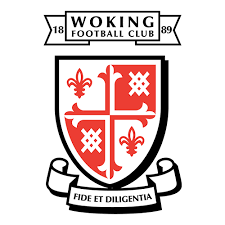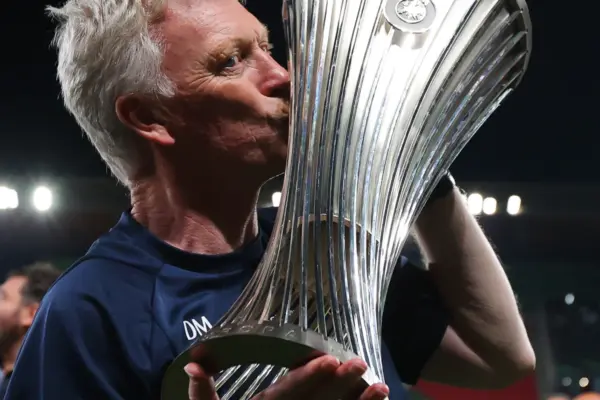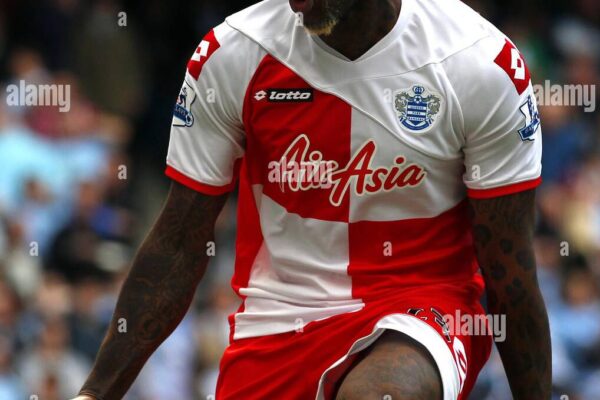
Introduction
Woking FC, established in 1889, is a football club based in Woking, Surrey, England. A significant name in the English football landscape, the club has a rich history and a passionate fanbase. As the club competes in the National League, its performance and challenges resonate with the local community and football enthusiasts alike.
Historical Significance
Woking FC has a storied past, marked by a number of notable achievements. The club gained prominence in the 1990s when it reached the FA Trophy final and won the competition three times (in 1994, 1995, and 1997). The club’s famous ‘Cardinals’ nickname is cherished among its supporters, and the team has produced several players who have moved on to enjoy successful careers in higher leagues.
Recent Developments
This season, Woking FC has shown promise, competing strongly in the National League. Under the management of Darren Sarll, the club is focused on building a competitive squad that can challenge for higher honours. The team’s recent performances have attracted attention, with a string of positive results that have lifted spirits among fans. A recently signed group of players, including some young local talents, have injected enthusiasm and dynamism into the squad.
Community Engagement
Woking FC has always understood the importance of community engagement. The club regularly hosts community events and youth programmes to foster local involvement. Recent initiatives include coaching clinics for young players and charitable donations to local causes. This commitment helps nurture future talent and strengthens the bond between the club and its supporters.
Conclusion
As Woking FC navigates the competitive landscape of the National League, the club’s blend of historical significance and community focus sets it apart. With their passionate support base and a promising squad, the future looks bright for the Cardinals. Fans and stakeholders are eager to see how the developments this season will shape the club’s trajectory in the coming years. Woking FC remains a central figure in the local culture and an important part of English football heritage.
You may also like

The Rise and Recent Developments of Paris Saint-Germain F.C.

Everything You Need to Know About the Conference League

The Career Journey of Djibril Cisse
SEARCH
LAST NEWS
- Remembering Wendy Richard: The Promise to Co-Star Natalie Cassidy
- How Did Anglian Water Achieve an ‘Essentials’ Rating for Mental Health Accessibility?
- Shai Hope Leads West Indies in T20 World Cup Clash Against South Africa
- What We Know About Weston McKennie: Future at Juventus and Past at Leeds
- What We Know About the Upcoming Live Nation Antitrust Trial